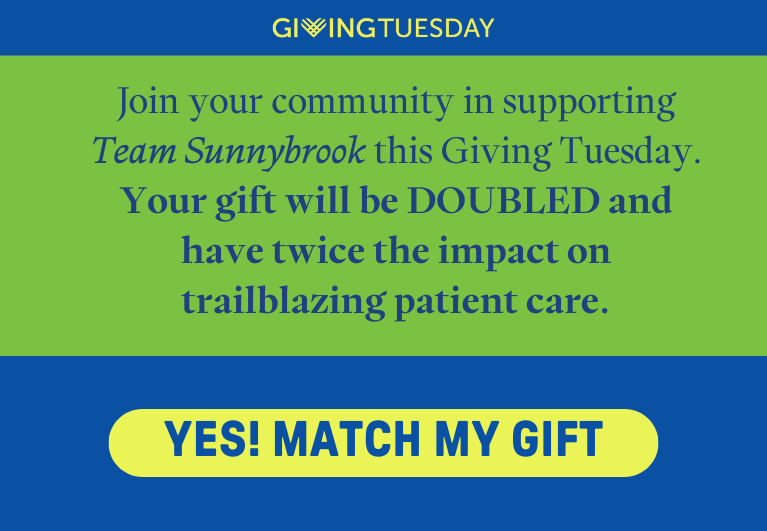Sunnybrook Provides 24/7 Emergency Cardiac Care
Improved access to emergency angioplasty, for heart attack victims in the ER.
Sunnybrook is providing improved access to the lifesaving procedure, emergency angioplasty, for heart attack victims presenting in the hospital’s Emergency Department (ED) by now offering the procedure 24 hours a day, 7 days a week.
Since launching the ‘24/7’ program on April 22, 2008, Sunnybrook’s ED and cath lab (where emergency angioplasty takes place) are demonstrating impressive ‘door to balloon’ times. Door to balloon time refers to the time from when a heart attack victim presents at the ED to the time the artery is opened with a balloon catheter. National guidelines recommend a ‘door to balloon’ time of 90 minutes and Sunnybrook’s team have successfully been achieving these times or better since the inception of the program. Patients are transferred from the cath lab when they are stable and are moved on to the patient care unit.
“Since its start, the new program has proven to be quite successful,” says Anne Forsey, Patient Care Manager, Sunnybrook’s cath labs. “I want to congratulate the emergency, cath lab, and in- patient cardiology staff for their hard work, it’s because of them we are able to make this program such a success and act as a true model for other teaching hospitals in the GTA.”
Offering 24/7 emergency angioplasty for heart attack patients in need is now the gold standard of care across North America. Now, when a heart attack patient presents in the ED, emergency physicians call in the cath lab team by activating what is known as “code STEMI” (ST Elevation Myocardial Infarction - the medical term for a heart attack), which automatically pages the on-call cath team to come in to the lab to perform the emergency procedure.
Before this program came in to play, people presenting with heart attacks ‘after hours’ (before 7:30 a.m. or after 5:30 p.m., Monday to Friday and weekends) were given clot-busting drugs (thrombolytic).
Emergency angioplasty, also known as timely primary percutaneous coronary intervention (PCI), has demonstrated to be the best possible therapy for certain types of heart attack victims. Compared to the conventional therapy of thrombolysis (clot-busting drugs), the potential benefits of angioplasty include reduction in death, stroke, in-hospital length of stay and costs.
PDF / View full media release »







